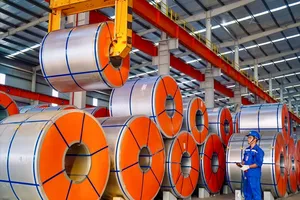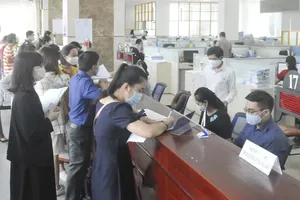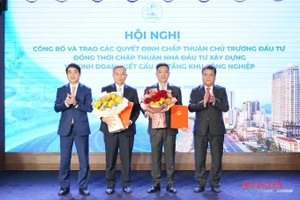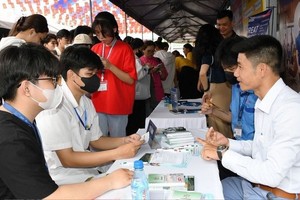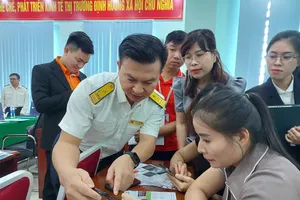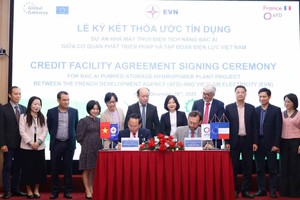 |
Ms. Nguyen Thi Lan Phuong (L) at the seminar |
Ms. Nguyen Thi Lan Phuong, Deputy Head of the WTO and FTA Department under the Multilateral Trade Policy Department of the MoIT, reported that Vietnam has been implementing 15 free trade agreements (FTA) so far. Of these, three new-generation FTAs are CPTPP, EVFTA, and UKVFTA. These agreements extend beyond conventional areas like tariffs, incorporating non-traditional sectors such as labor, environment, and intellectual property.
Therefore, the commitments outlined in the new-generation FTAs are relatively complex, with high standards, requiring a workforce with in-depth understanding to ensure accurate and comprehensive implementation to assist local-level management agencies and businesses in grasping and correctly executing these commitments.
Due to shortages and weaknesses in human resources, the utilization rate of FTAs is still quite limited. For example, in the case of EVFTA, the utilization rate has only reached 26 percent to date, and even for CPTPP, it stands at a mere 5 percent. Clearly, these figures are extremely low compared to the potential and opportunities that FTAs bring.
Various factors contribute to obstacles for Vietnamese enterprises. A primary factor among them is the impediment related to human resources.
On the central level, Ms. Lan Phuong provided an example of the Multilateral Trade Policy Department, tasked with leading activities related to the negotiation, signing, approval, and implementation of FTAs. Despite having only ten staff members, they manage all aspects of the process, including negotiation, signing, approval, and implementation. The execution phase entails collaboration with multiple ministries, sectors, and localities, necessitating a sufficient specialized workforce to assist provinces, cities, and businesses.
On the local level, the representative from the MoIT noted that in their surveys, they found that some provinces or cities designate 5-7 personnel to manage the FTA domain. However, in some places, only 1-2 personnel are assigned, and these individuals also have to manage various other responsibilities.
"For instance, they must handle tasks such as issuing Certificates of Origin (C/O) and overseeing import-export activities. The shortage of personnel in provinces and cities concerning FTA-related matters poses a significant challenge. The Ministry has reported this issue to the Prime Minister," said Ms. Lan Phuong.
Meanwhile, numerous officials are compelled to juggle multiple responsibilities and lack specialized training in the commitments of FTAs, especially those pertaining to labor, the environment, and intellectual property. In contrast, FTA partner countries like the EU and CPTPP nations tend to introduce many new regulations. For instance, the EU has instituted new regulations regarding anti-deforestation measures for imported and exported goods (such as coffee and timber). Without officials possessing a profound understanding of these matters, offering effective support to businesses becomes a formidable task.
According to Ms. Lan Phuong, building a capable workforce is crucial not only for boosting export growth but also for safeguarding businesses against the risk of losing market share or orders to competitive markets. For instance, in the textile and garment industry, numerous partners have departed Vietnam, redirecting their orders to Bangladesh and Indonesia.
The representative from the Multilateral Trade Policy Department suggests a solution, emphasizing the necessity of increasing the workforce and experts in the realm of FTAs, from the central to local levels and within businesses, by systematically and extensively training a team of FTA experts.



